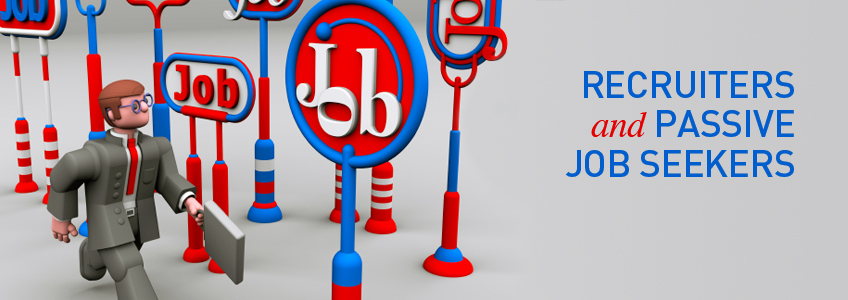-
The myth of the passive job seeker
Thursday, 24/07/2014
Given these findings, employers should stop thinking of job seekers in terms like "passive" and "active," since a majority of workers are constantly on alert for new job opportunities. Instead, employers who want to hire more effectively should focus less on finding passive job seekers, since most workers are casually browsing opportunities and employers at any given time.
-
3 reasons why every job seeker needs a portfolio
Wednesday, 23/07/2014
how do you build a portfolio? You'll want both an online and a print one. Sending a link to an online portfolio with an application or cover letter lets you show off your skills before an interviewer meets you. A print portfolio lets you show off your skills in person.
-
Monday, 21/07/2014
When visiting the company, try to get a sense of how people in the office operate. Are people rushing around, looking stressed, or is the atmosphere relaxed? Do people talk with each other in the hallways or keep their heads down? How employees work and interact with each other can be indicative of what the corporate culture is like.
-
Proving your age is an asset in a job search
Thursday, 17/07/2014
"The key for older job seekers is to embrace rather than hide from what they have to offer future employers," says Tamryn Hennessy, national director of career development for Rasmussen College. "A lifetime of a variety of employments, household and family obligations and volunteer accomplishments can be assembled into a résumé and interview that a younger job seeker simply cannot offer."
-
5 tough questions to ask before a career change
Tuesday, 15/07/2014
As with a career shift motivated purely by money, one inspired only by an "anywhere but here" urge isn't likely to yield lasting satisfaction. A strong personal connection to the new work can make the transition easier. Without such commitment, you might find yourself missing the comforts of the position you left behind.
-
How to go back to work after a long leave of absence
Tuesday, 08/07/2014
If you're able to fit it into your schedule, volunteering can be a great way to boost your résumé and keep your skills current. For example, you could help a local nonprofit or charitable organization or tutor students. Giving of your time like this is a great way to slowly re-enter the working world, dust off your skills and network with people who might be able to help you in your job search.
-
What are your weaknesses? 10 tips to deal with the inevitable question
Thursday, 03/07/2014
By citing "lack of organizational skills" as a weakness, your response is too vague. Give specific examples, such as those mentioned above. Why are your organizational skills poor? How have you taken steps to resolve those issues?
-
Career pathing: Keep to yourself or discuss with your boss?
Wednesday, 02/07/2014
A good way to help prove you're ready to make an upward move is to document your successes. Do this throughout your career, not just when you're ready to move up. Keep examples of stellar work or client kudos so you're always ready to have a work-performance conversation.
-
What career lessons are you most thankful for?
Tuesday, 01/07/2014
The career lesson I am most thankful for was the realization that you must 'fake it till you make it.' I am not talking about misrepresenting your credentials or lying about your experience level. What I mean is that I learned that you must act like the person you want to become.










